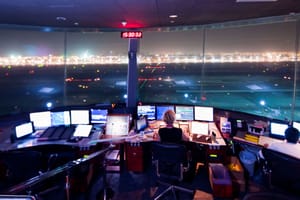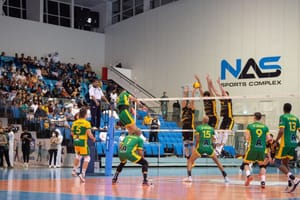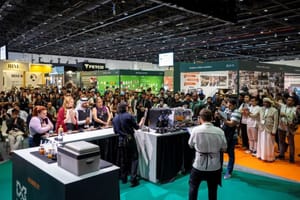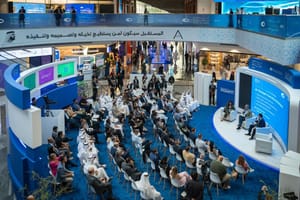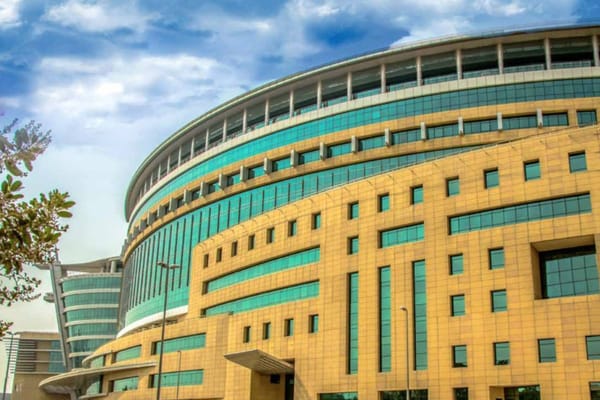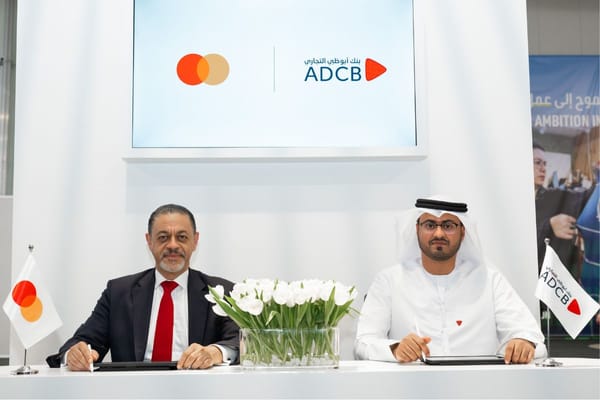Dubai Electricity and Water Authority (DEWA) supports the goals of the Conference of the Parties to the United Nations Framework Convention on Climate Change (COP28), which is hosted by the UAE at Expo City Dubai, especially the goal of accelerating a just, orderly and equitable energy transition. DEWA is implementing several leading projects to diversify clean energy sources in Dubai, including clean and renewable energy technologies. These include photovoltaic solar panels and Concentrated Solar Power (CSP) at the Mohammed bin Rashid Al Maktoum Solar Park; producing green hydrogen using solar power; the pumped-storage hydroelectric power plant using clean energy in Hatta; in addition to projects and initiatives to increase energy efficiency.
“In line with the vision of the wise leadership, we support a green economy and accelerate the net zero transition through our projects, activities, and ambitious plans. This is achieved by adding solar energy and other clean energy resources such as hydroelectric power and green hydrogen to the energy mix to achieve the Dubai Clean Energy Strategy 2050 and the Dubai Net Zero Carbon Emissions Strategy 2050 to provide 100% of the energy production capacity from clean energy sources by 2050. In the Year of Sustainability in the UAE and the UAE’s hosting COP28, in which we are participating as a Principal Pathway Partner, DEWA is maximising its efforts to support this global event to lead the global transformation, from making pledges to implementing concrete actions,”
said HE Saeed Mohammed Al Tayer, MD & CEO of DEWA.
“The world today witnesses an increasing demand to invest in clean and renewable energy sources, which will change the global energy scene using environmentally friendly and relatively low-cost energy sources in the next few years. Thus, we develop the production and use of green hydrogen as a major part of our transition to clean energy. We invest in research and development to develop innovative solutions for energy production, storage and distribution. DEWA also provides global platforms that can bridge the gap between the current situation and the 17 UN Sustainable Development Goals (SDGs) 2030 and enable communication and constructive collaboration to support the momentum of climate action. DEWA has, for many years, stopped launching new projects to produce energy using fossil fuels. We also restrict our new water desalination projects to the more efficient reverse osmosis technology using clean energy. DEWA has also raised fuel consumption efficiency in production units to about 90% to compete with the best international levels,”
added Al Tayer.
DEWA’s most prominent projects to increase reliance on clean and renewable energy sources include:
The Mohammed bin Rashid Al Maktoum Solar Park, which is the largest single-site solar park in the world, using the Independent Power Producer (IPP) model. It will have a production capacity of 5,000MW by 2030 using CSP and photovoltaic technology and a total investment of AED 50 billion. The current total production capacity of solar projects at the solar park is 2,627MW using CSP and photovoltaic technology. This is 16% of DEWA’s total installed capacity, which has reached 16,270 MW. The 4th phase of the solar park, with a capacity of 950 MW and investments amounting to AED 15.78 billion according to the IPP model, is the largest single-site solar CSP plant in the world. It combines CSP and solar photovoltaic technologies. This phase uses the world’s tallest solar power tower at 263.126 metres. The project has the largest thermal storage capacity in the world and the largest thermal energy storage capacity with a capacity of 5,907 MWh.
DEWA’s 180 Million Imperial Gallon per Day (MIGD) Sea Water Reverse Osmosis Hassyan Independent Water Producer (IWP) project, is the largest of its kind in the world for water production based on Sea Water Reverse Osmosis (SWRO) technology using solar energy. It is DEWA’s first Independent Water Producer (IWP) model project. It is with an investment of AED 3.357 billion (USD 914 million).
DEWA’s pumped-storage hydroelectric power plant in Hatta will have a production capacity of 250 MW, a storage capacity of 1,500 megawatt-hours, and a life span of 80 years. This is the first station of its kind in the GCC, with investments of up to AED 1.421 billion. The project's initial operation is anticipated to commence around the middle of 2024.
The Green Hydrogen Pilot Project is the first in the Middle East and North Africa to produce hydrogen using solar energy. It stores the hydrogen and then converts it into electrical energy for use in the air, land, sea transport sectors and other industries. The project produces about 400 kilogrammes of hydrogen daily. The hydrogen reservoirs can store nearly 12 hours of the hydrogen that was produced using solar energy. The hydrogen is used to generate electricity with a production capacity of about 300 KW. The project has been designed and built to accommodate future applications and test platforms for various uses of hydrogen, including energy production and transportation.
The project supports the UAE’s goal to acquire 25% of the low-carbon hydrogen market, which is expected to reach more than USD 400 billion. It supports the UAE’s efforts to achieve global competitiveness in the green hydrogen market.
This project also bolsters DEWA’s efforts to diversify energy sources and increase investment by supporting innovation and, research and development in energy storage technologies. This includes green hydrogen, which some describe as the ‘Fuel of the Future’ and will play an important role in the global energy mix and in combating the effects of global warming. The project also supports the Dubai Green Mobility Initiative 2030 to encourage sustainable transport.
News Source: Dubai Media Office


